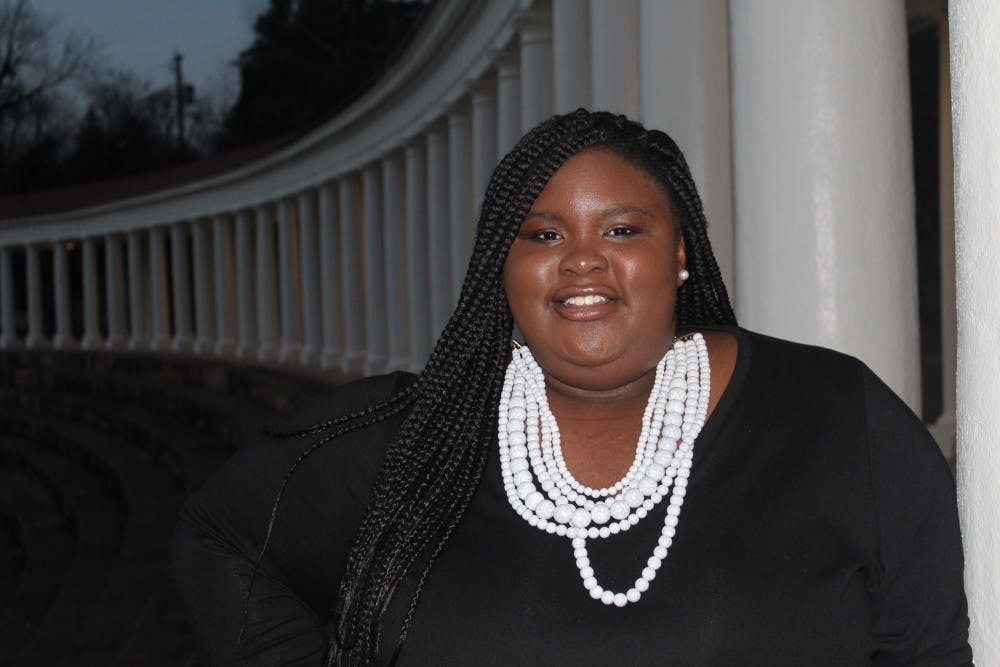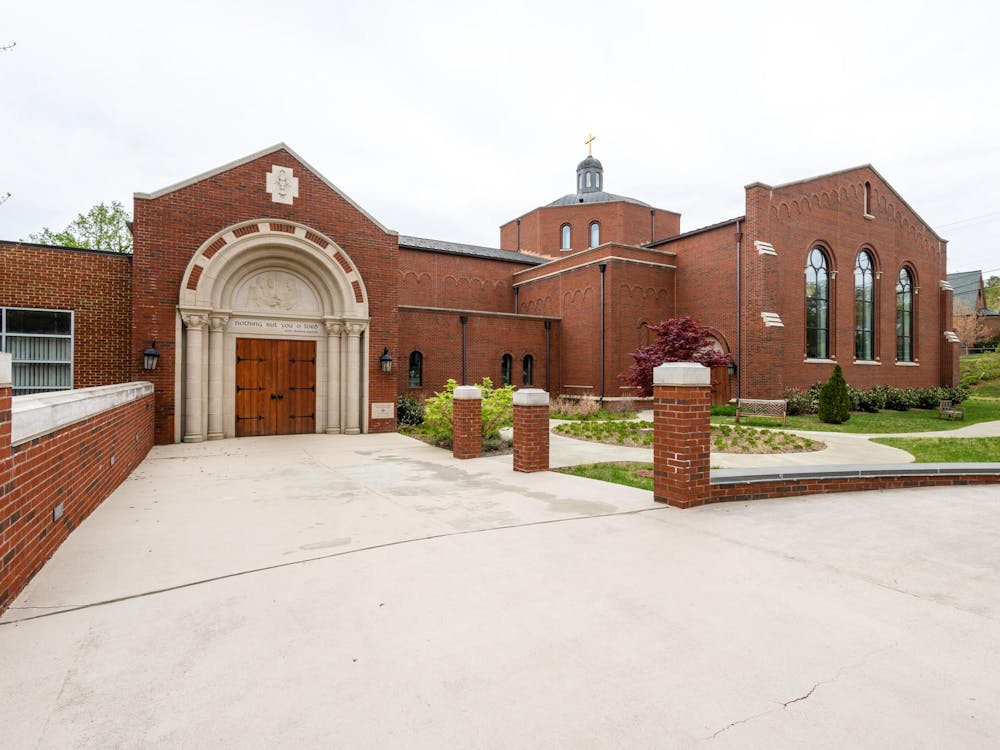First-year College student and Charlottesville native Zyahna Bryant was appointed to the Virginia African American Advisory Board Friday by Governor Ralph Northam’s administration. Northam (D-Va.) approved the creation of the advisory board in March, to promote “the development of economic, professional, cultural, educational and governmental links between the Commonwealth of Virginia and the African American community in Virginia.”
The advisory board consists of 21 citizen members, 15 of whom must be African American. Bryant said that, as a student in this position, she has the opportunity to connect with other activists on Grounds and provide a platform for their work in her collaboration with other advisory board members, who similarly represent the progress being made in their respective communities.
Bryant made particular note of local issues such as educational equity, the fight for a living wage, public safety and the disproportionate achievement gap that marginalizes people of color.
“I think all of these — the core issues laid out to the advisory board — are going to be on target with things that need to be addressed,” Bryant said. “And so I’m looking forward to being in company with some of these really great thought leaders who are already doing work in their own communities.”
The board’s creation was approved by Northam just a month after racist photos from the governor’s medical school yearbook surfaced depicting him and a classmate dressed in blackface. Despite urges to step down in light of the controversy, Northam did not resign.
“I was very intrigued by the fact that the governor did not step down and was sort of figuring out what the next step would be,” Bryant said. “However, this community advisory board is far overdue, and it’s something that should have been established a long time ago.”
Bryant emphasized the significance in the timing of the board’s establishment, noting the controversy surrounding Northam, the white nationalism demonstrated in Charlottesville two years ago and this year marking the recognition of 400 years of slavery in Virginia. Before the creation of the African American advisory board, Virginia had already established similar groups relating to Latinx and Asian community issues.
“I feel like now is really an important time for people of color, especially black people, to be able to be in positions of leadership and to be able to make those changes,” Bryant said.
Bryant has served as an activist and organizer advocating for racial justice in Charlottesville since she was 12 years old, when she organized a rally in 2013 in solidarity with Trayvon Martin and other unarmed black victims of police violence. Bryant founded the Black Student Union at Charlottesville High School in 2015, and in 2016 she petitioned Charlottesville City Council for the removal of the statue of Confederate General Robert E. Lee and the renaming of Lee Park.
The Council voted in favor of the statue’s removal and park renaming in February of 2017, but the statue could not be removed immediately due to a lawsuit filed referencing a state law that protects Civil War monuments. After the violent, white supremacist rally of Aug. 11 and 12 that year that resulted in the death of Charlottesville resident and peaceful counter-protestor Heather Heyer, the City covered the statue until a circuit judge ruled that the covering be removed in February of 2018.
This January, Bryant published “Reclaim,” a collection of poetry and essays about her activism and identity as a young black woman. Bryant said stepping into her new position as a member of the advisory board presents a unique opportunity to hold influence at the legislative level.
“I just believe that there is power in having many different roles, and so there’s power in protest and community organizing, and there’s power in creating policy,” Bryant said. “I really want people to know there are different ways to do activism.”







